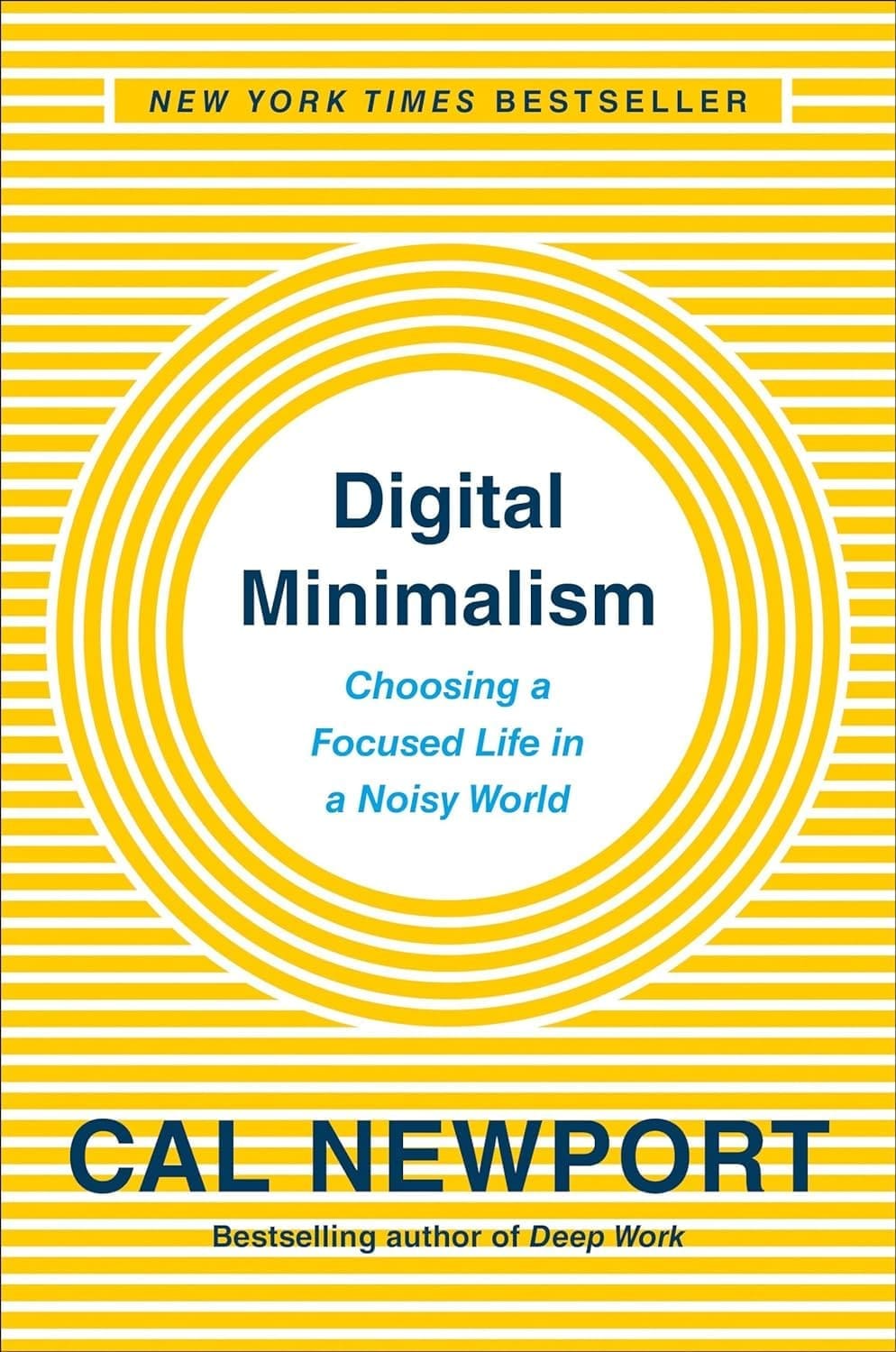15 Proven Ways To Conquer Parenting Stress And Reclaim Your Life
Parenting is one of life’s most meaningful journeys—but it can also be one of the most overwhelming. Between sleepless nights, emotional outbursts, endless to-do lists, and pressure to “get it right,” it’s no wonder so many parents feel stretched thin. The good news? You’re not alone—and you don’t have to stay stuck in survival mode. Backed by research and real-life experience, this article explores 15 powerful, evidence-based strategies to how you deal with parenting stress, build resilience, and reconnect with the joy of raising your children. Whether you're a new parent or deep into the teenage years, these tools are designed to empower you, not just as a caregiver, but as a whole person.
1. Build a Support Network
A support network refers to the people and resources you can rely on for emotional, practical, and sometimes financial support. This includes family members, friends, neighbors, parenting groups, online communities, and professionals like therapists or counselors. A strong support system helps parents feel less isolated and more capable of handling the demands of parenting. While it might seem obvious on the surface, sometimes people refrain from reaching out to loved ones or strangers because they might be embarrassed.
Real-Life Example:
Sarah, a single mother of two, felt overwhelmed after moving to a new city. She joined a local parenting co-op where members took turns watching each other’s kids. Not only did this give her a break, but she also found emotional support from others who understood her struggles.
Why It Works:
Research shows that parents with strong social support networks experience lower levels of stress and are more resilient in the face of parenting challenges. Supportive relationships can even improve parenting behaviors and child outcomes
How to Apply It in Practice:
Reach out to friends or family members regularly, even if just for a chat.
Join local or online parenting groups where you can share experiences and advice.

2. Practice Mindfulness
Mindfulness is the practice of being fully present in the moment without judgment. It helps parents respond thoughtfully rather than react impulsively.
Example:
James used a mindfulness app during breaks and found he was more patient with his toddler’s tantrums.
Why It Works:
Mindfulness reduces emotional reactivity and improves regulation, which is essential during stressful parenting moments
How to Apply:
Try prayer, guided meditations, breathing exercises, or simply pause and observe your thoughts during stressful moments.

3. Establish Predictable Routines
Routines create structure and predictability, which help children feel secure and reduce behavioral issues.
Example:
Maria implemented a consistent bedtime routine, which reduced her child’s resistance and her own stress.
Why It Works:
Predictability lowers anxiety for both children and parents, making daily life smoother
How to Apply:
Create visual schedules, stick to regular meal and sleep times, and involve kids in planning routines. Even using things like checklists or kids chore charts can help tremendously

4. Limit Exposure to Negative Media
This one is really important in the media culture we live in. Constant exposure to distressing news or social media can increase anxiety and pessimism, especially when already stressed.
Example:
Tom reduced his news intake and curated his social media feed, which helped him feel more grounded.
Why It Works:
Negative media can activates stress in the brain and can lead to emotional spirals
How to Apply:
Set time limits on media, unfollow stressful accounts, and replace screen time with uplifting activities.
Related: Check Out This Digital Detox Program
5. Engage in Physical Activity
Exercise isn’t just for physical health—it’s a proven stress reliever that boosts mood and energy.
Example:
Priya started jogging three times a week and noticed she was less irritable and more focused.
Why It Works:
Physical activity releases endorphins and reduces cortisol, the stress hormone
How to Apply:
Incorporate walks, yoga, or dance into your routine—even 10 minutes can help.

6. Seek Professional Help When Needed
Therapists, counselors, and parenting coaches can provide tools and support tailored to your situation.
Example:
Mark began therapy after months of burnout and learned strategies to manage his emotions and expectations.
Why It Works:
Professional support improves coping skills and reduces the risk of chronic stress or depression
How to Apply:
Reach out to a licensed mental health provider or use telehealth services for convenience.

7. Use Positive Discipline Techniques
Positive discipline focuses on teaching and guiding rather than punishing, which fosters cooperation and respect.
Example:
Ana replaced yelling with time-ins and saw her child’s behavior improve significantly.
Why It Works:
It builds trust and reduces power struggles, which lowers stress for both parent and child
How to Apply:
Use clear expectations, natural consequences, and praise for good behavior.
8. Prioritize Sleep
Sleep is foundational to emotional regulation, patience, and decision-making.
Example:
Rachel improved her sleep hygiene and found she had more energy and patience during the day.
Why It Works:
Sleep deprivation increases irritability and reduces coping capacity
How to Apply:
Stick to a consistent bedtime, avoid screens before bed, and create a calming nighttime routine.

9. Practice Self-Compassion
Self-compassion means treating yourself with the same kindness and understanding you’d offer a friend.
Example:
Leo reminded himself that making mistakes doesn’t make him a bad parent—it makes him human.
Why It Works:
It reduces guilt and shame, which are common in stressed parents, and promotes resilience
How to Apply:
Use supportive self-talk, acknowledge your efforts, and forgive yourself for imperfections.
10. Engage in Play with Your Children
Play isn’t just for kids—it’s a way to connect, reduce tension, and build joy in the parent-child relationship.
Example:
Play isn’t just for kids—it’s a way to connect, reduce tension, and build joy in the parent-child relationship.
Why It Works:
Play increases bonding hormones like oxytocin and reduces stress
How to Apply:
Set aside time for unstructured, child-led play. Let go of rules and just enjoy the moment.
11. Use Time Management Tools
Planning and organizing your time can reduce chaos and help you feel more in control.
Example:
The Johnsons used a shared digital calendar to coordinate schedules, which reduced last-minute stress.
Why It Works:
Time management prevents overload and helps prioritize what truly matters
How to Apply:
Use planners, apps, or time-blocking techniques. Involve your kids in planning where appropriate.

12. Attend Parenting Classes
Parenting classes offer education, support, and practical tools for managing behavior and stress.
Example:
Nina attended a local parenting workshop and felt more confident and less reactive afterward.
Why It Works:
Classes improve parenting skills and reduce feelings of helplessness
How to Apply:
Look for classes through community centers, hospitals, or online platforms like Coursera or local nonprofits
13. Delegate and Share Responsibilities
You don’t have to do it all. Sharing tasks with partners, older children, or others lightens the load.
Example:
Alex created a chore chart with his partner and kids, which made the household run more smoothly.
Why It Works:
If you learn to delegate, you can reduce burnout
How to Apply:
Hold family meetings to divide tasks and set expectations. Don’t hesitate to ask for help.
14. Focus on What You Can Control
Stress often comes from trying to manage things outside your control. Focusing on your own actions can be empowering.
Example:
Ben stopped trying to prevent every tantrum and instead focused on staying calm and consistent.
Why It Works:
Focusing only on what you can control reduces anxiety and helps parents feel more grounded and capable
How to Apply:
Make a list of what’s in your control and let go of the rest. Practice acceptance and flexibility.
15. Celebrate Small Wins
Acknowledge any progress, no matter how small, it builds confidence and motivation.
Example:
Jenna celebrated surviving a tough week with a family movie night, reinforcing her resilience.
Why It Works:
Celebrating wins can boost your morale and mood and reinforce positive behavior in the future.
How to Apply:
Keep a gratitude journal, share daily wins at dinner, or reward yourself with small treats.

Conclusion
Parenting can be overwhelming at times, but just know, there are plenty of options available to people to help when it comes to managing their stress. Hopefully these 15 ways will help you.
Are there other methods you have used and found successful? If so, let me know!
Affiliate Disclosure:
Some of the links in this post may be affiliate links. This means that if you click on a link and make a purchase, I may earn a small commission at no extra cost to you. I only recommend products and services I genuinely believe in. Thank you for supporting this blog!
Let us know what you think in the comments!
Newsletter
Subscribe to the newsletter and stay in the loop! By joining, you acknowledge that you'll receive our newsletter and can opt-out anytime hassle-free.
Created with © systeme.io





